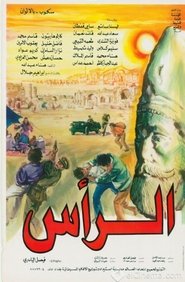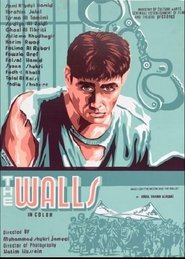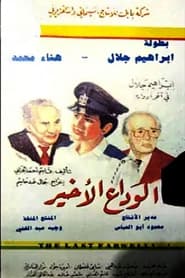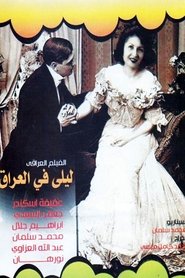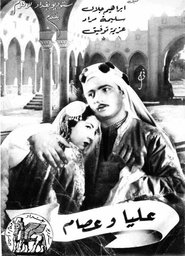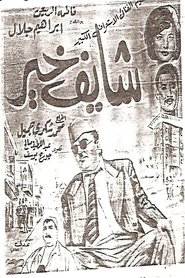Ibrahim Jalal
Born in the Al-A'zamiyah area of Baghdad in 1923, before becoming a well-known artist, he gained fame in the field of sports. He won the Iraq Championship in featherweight boxing (1938-1939), broad jump (1940-1941), and discus throw (1943-1944). Upon graduating from the acting department at the Institute of Fine Arts in 1945, he entered the artistic arena with open arms. He starred in films such as "Al-Qahira - Baghdad," directed by the Egyptian Ahmed Badrkhan, "Aliya and Eesaam," directed by the French André Chikatan, and "Layla in Iraq," directed by the Egyptian Ahmed Kamel Morsi. In 1948, he directed the play "Shuhada Al-Wataniya" in collaboration with Abduljabbar Tawfiq and Lee, presented by the Popular Troupe for Acting, which included the finest talents from the Institute of Fine Arts in the mid-1940s. In 1953, he traveled to Italy, enjoying a scholarship to study at the Experimental Cinema Institute in Rome. However, this scholarship was quickly withdrawn, forcing him to return in 1954 as a teacher at the Institute of Fine Arts and the head of the Modern Art Theater group he founded in 1952. In the mid-1950s, he worked as an assistant director in the film "Who is Responsible?" by director Abduljabbar Lee and "Saeed Afandi" by director Kamiran Hassani. He then traveled to the United States, where he obtained a bachelor's degree in 1961 and a master's degree in 1963 from the Technical Institute affiliated with the University of Chicago. Upon his return to Baghdad, he continued his artistic activities in the fields of theater, cinema, television, and radio, as well as teaching at the Institute of Fine Arts and later at the Academy of Fine Arts. He acted in the film "Shayif Khair" directed by Mohamed Shukri Jameel and became the artistic director for the film "Al-Haris," directed by the late artist Khalil Shawqi and produced by Al-Youm Films. He also directed "Al-Ras" by director Faisal Al-Yasiri, "Sanawat Al-Omr" by director Jafar Ali, "Al-Aswar" by director Mohamed Shukri Jameel, and "Al-Ayyam Al-Tawila" by director Tawfiq Saleh. He was elected president of the artists' union and was honored, along with the staff of the film "Al-Aswar," which won the "Golden Damascus Sword" award from the head of state in 1979. He was also honored in 1974 as a pioneering and influential theater figure in Baghdad's celebrations of World Theater Day. He also appeared in films such as "Faa'iq Yatzaug" and "Al-Fares Wal Jabal" directed by Mohamed Shukri Jameel, and finally in the television film "The Last Farewell" directed by Jamal Abdul Jassim. He ventured into film direction with the movie "Hamed and Hamoud," starring singers Hussein Nama and Ahmed Nama, and a selection of Iraqi art stars. Some of his notable plays include "Maqamat Abi Al-Ward," "Al-Bayek Wal Sayiq," "Al-Malhama Al-Shaabiya," "Ani Ummak Ya Shakir," "Aqdat Himaar," "Al-Tufan," "Al-Aswad Wal Abyad," and "Al-Mutanabbi." His last play was "Al-Sheikh Wal Ghaniya," before his death. He passed away immediately after completing the last scenes of his TV work, the film "The Last Farewell," in 1991 after a battle with illness.

The Head
as uncreditedThe events take place between Iraq, Syria, and Lebanon. Chases and searches occur between the...
Movie pageAl-Asuar
as uncreditedA simple family lives in Baghdad, led by a hardworking man named Sheikh Ali. He has a son named...
Movie pageThe Final Farwell
as uncreditedIn a dramatic context, Rahoumi experiences the final moments of his life as his life flashes...
Movie pageLayla in Iraq
as uncreditedA young singer is renowned and surrounded by admirers, but despite his success and numerous...
Movie pageAlya and Essam
as uncreditedA love story grows between Aliya and Eesaam, as Aliya is drawn to Eesaam and keeps her love...
Movie pageWish You The Best
as uncreditedAbu Sami and his son represent two completely different mindsets. The father clings to...
Movie page